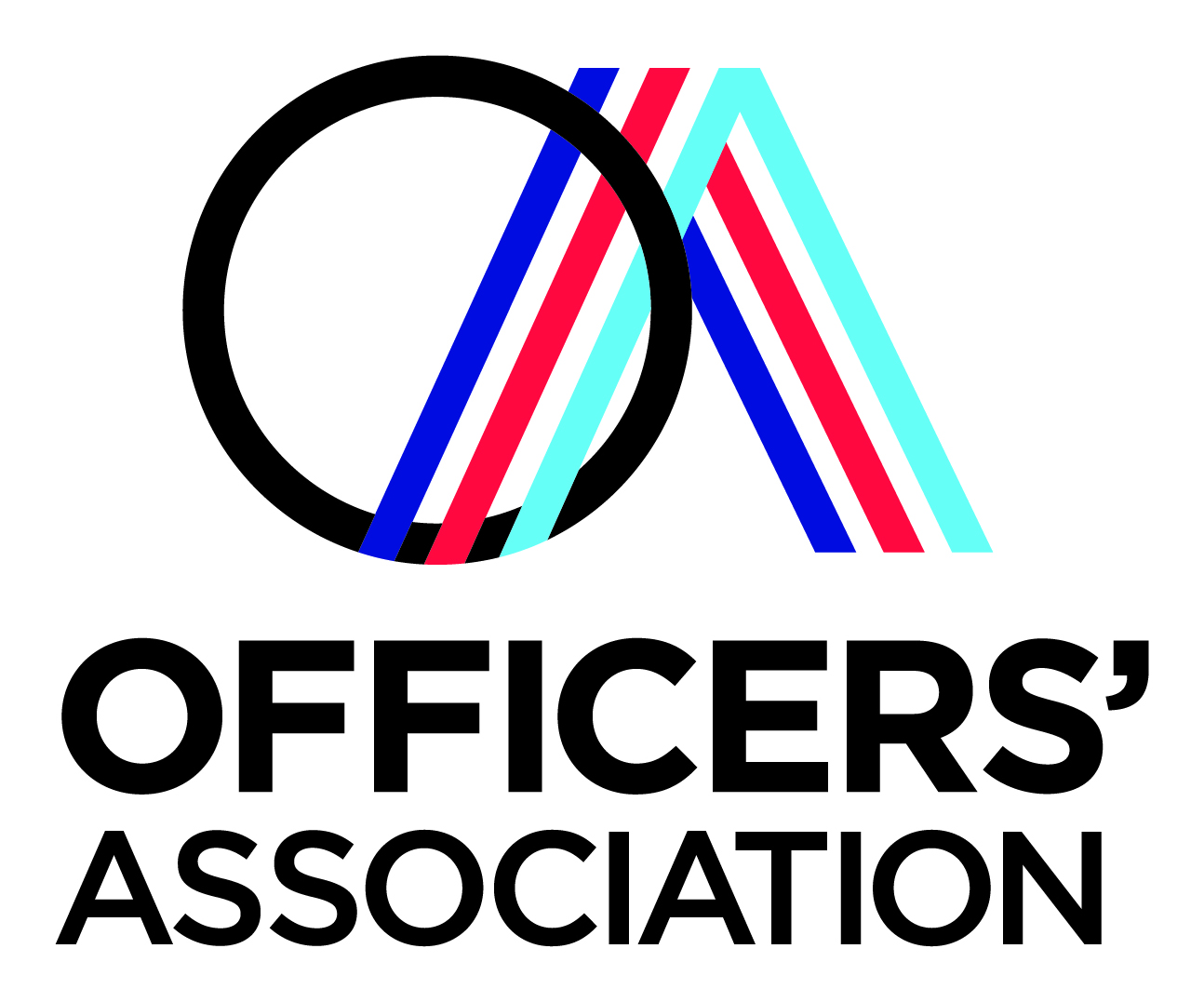Former officers make ideal NHS Non-Executive Directors, because both require excellent operational skills and a strong sense of social responsibility.
In an OA webinar, Pete Liddle, OA Business Development Manager, discussed the role of an NHS Non-Executive Director, with Janice Scanlan, Head of Non-executive Development at NHS Improvement, and Dusty Amroliwala, a retired Air Commodore and now Chair of North Middlesex University Hospital NHS Trust.
Opportunities
The NHS in England employs around 1.2 million people with a budget of £107 billion. There are 232 local secondary healthcare trusts, providing a wide range of acute hospital, mental health, and community based ambulance and specialist services. The largest is the new Manchester University Hospitals NHS Foundation Trust, with an annual turnover of over £1.4 billion per annum, and the smallest is the Tavistock and Portman NHS Foundation Trust, with a turnover of £45 million.
Responsibilities
The Non-Executive Directors ensure the Board acts in the best interests of patients and the public. Acting as critical friends, they hold the Board to account by challenging its decisions and outcomes. They also help the Board to formulate strategies, by bringing independent, external perspectives. Ultimately, a Non-Executive Director must be satisfied that the healthcare trust has financial and operational integrity.

















